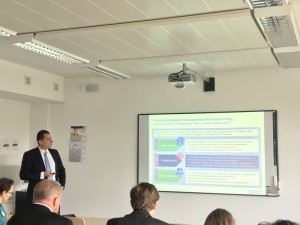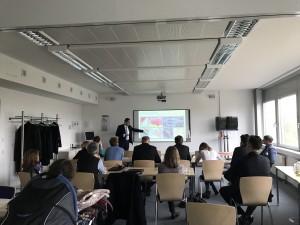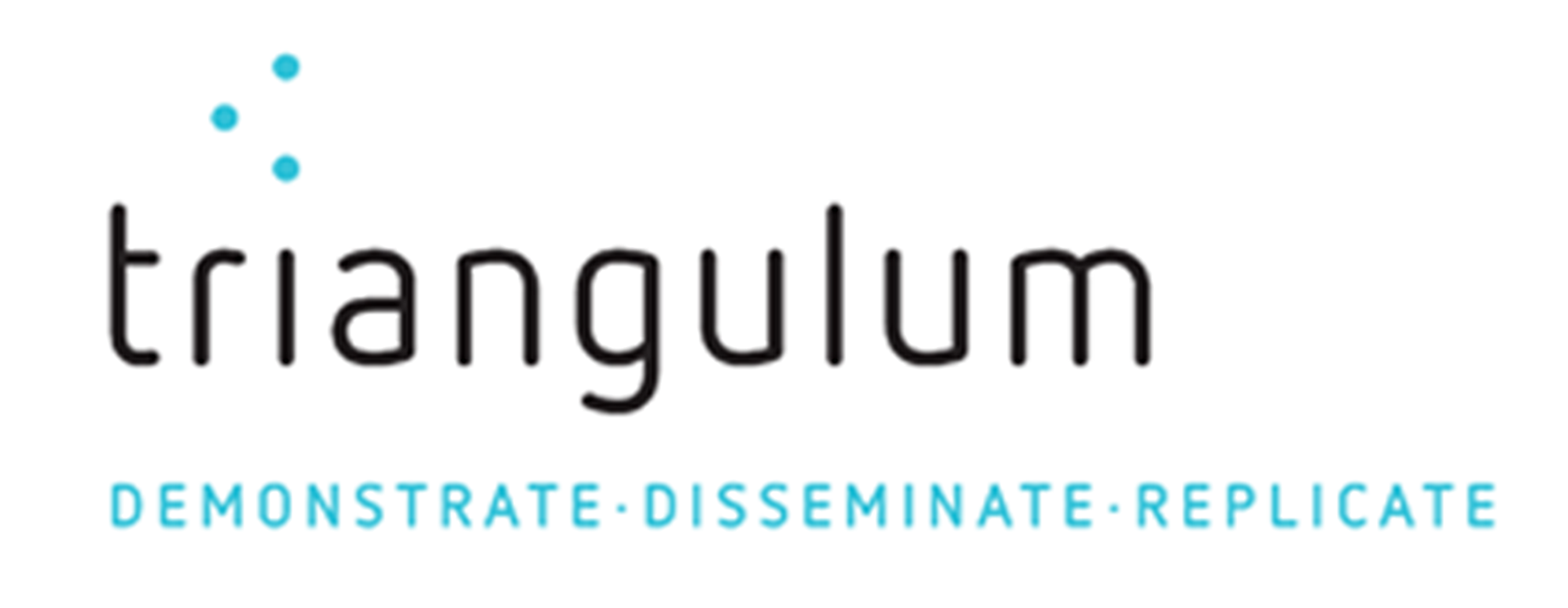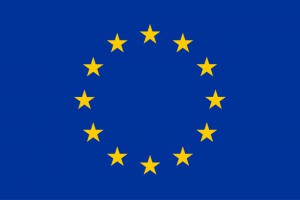At the beginning of June 2017, Leipzig successfully finished the first draft of its Smart City Implementation Strategy. This marks an important milestone on the way towards an integrated strategy, which will enable the implementation of practical measures.

(Picture: Stadt Leipzig)
The strategy focuses on projects to be implemented in Leipzig West. It singles out the four categories climate-friendly district, sustainable mobility, smart living and active neighbourhood community as the most important ones for the district. As the pilot district includes a former cotton mill which is in the process of reutilisation, the project Strijp-S (Eindhoven, NL) could provide valuable input on the transformation of former industrial buildings.
One of the city wide projects is a data platform which connects the municipality with the utilities. This pilot project profits substantially from the input provided by the City of Eindhoven on their OpenData platform. It is one of the first projects to be implemented and set to start mid 2018.
Besides, the city continues to engage with regional partners in order to develop measures in key areas such as transportation and water. At the two most recent events “Zukunftsforum”, where city leaders and CEOs of local utilities regularly meet to discuss future strategies, smart mobility as well as smart water management and smart water usage were the main topics.

(Picture: Stadt Leipzig)
Additionally, together with the Saxon state capital Dresden, Leipzig became a Digital Hub city. The Digital Hub Initiative has been developed by the Federal Ministry for Economic Affairs and Energy and seeks to support the establishment of Digital Hubs in Germany. As one out of twelve Digital Hubs, the City of Leipzig strives to boost innovation through cooperation between companies and business start-ups. The city is set to establish an Infrastructure Hub which will focus on intelligent energy infrastructure as well as mobility infrastructure.

